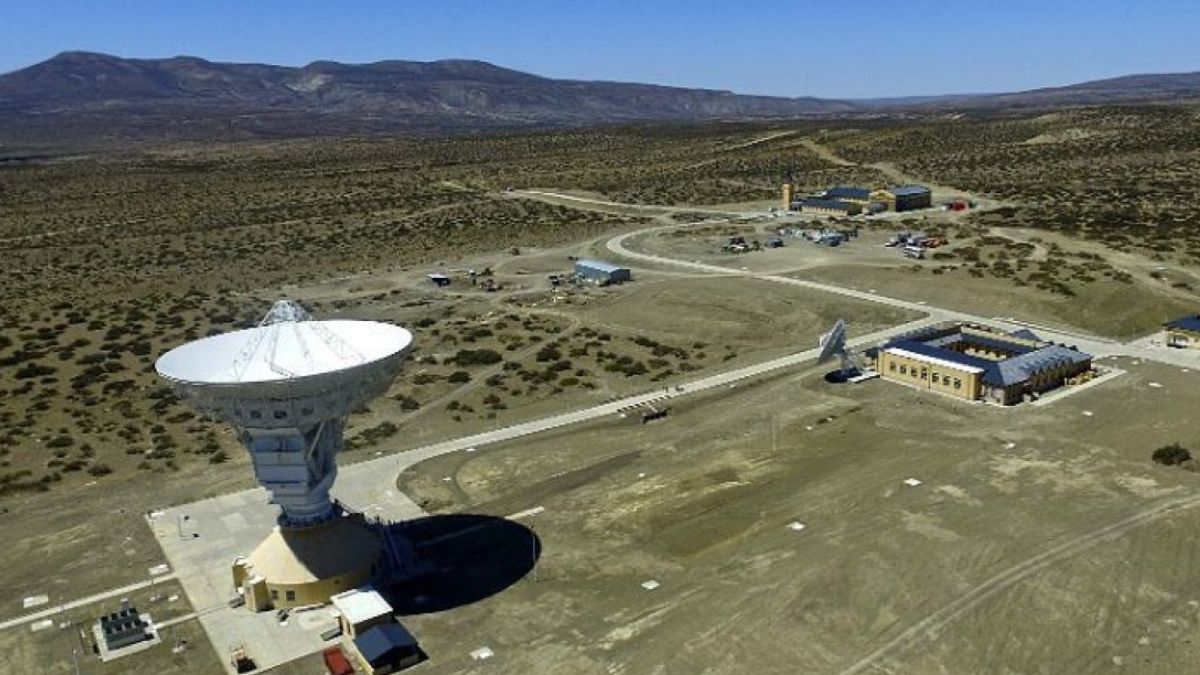The United States intelligence community has issued a stark warning regarding China’s aggressive ambitions to achieve space supremacy. Speaking at a recent security forum, the Director of National Intelligence (DNI), Avril Haines, highlighted Beijing’s intent to leverage its space capabilities in ways that could potentially undermine U.S. interests and global security. Haines’ remarks underscore growing apprehension within the U.S. government about China’s expanding influence and capabilities in space.
According to Haines, China is making rapid advancements in space technology, with significant investments in satellite navigation, space exploration, and military applications. These developments are part of a broader strategic objective to establish dominance in space, an area increasingly seen as critical to national security and economic prosperity. “China seeks to not only match but surpass U.S. capabilities in space, and they intend to exploit these advancements to our detriment,” Haines cautioned.
The intelligence chief detailed several key areas where China is pushing forward. This includes the development of anti-satellite (ASAT) weapons, which can target and disable satellites crucial for communication, navigation, and surveillance. The capability to disrupt or destroy satellites poses a direct threat to the infrastructure that underpins modern military operations and civilian life.
Additionally, China’s plans for lunar exploration and the establishment of a lunar base by the 2030s were highlighted as part of its long-term strategy to control strategic positions in space. The potential to mine lunar resources could give China significant economic and strategic advantages, further solidifying its position in the space race.
Haines also noted that China’s space program is closely integrated with its military objectives. The dual-use nature of many space technologies means that advancements in civilian space exploration and satellite technology can easily be repurposed for military use. This blurring of the lines between civilian and military space activities raises significant concerns for U.S. national security and the stability of global space governance.
In response to these developments, the U.S. is ramping up its space initiatives. The creation of the U.S. Space Force and increased funding for NASA and other space-related defence programs reflect a strategic pivot towards countering China’s ambitions. Haines emphasized the importance of international cooperation in space, calling for stronger alliances with other space-faring nations to ensure that space remains a domain for peaceful exploration and mutual benefit.

